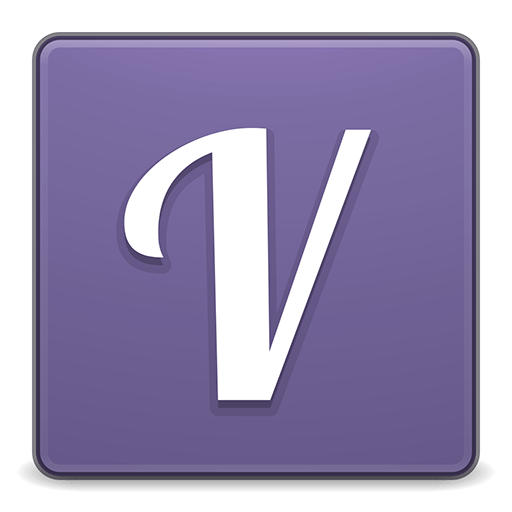 Vala
vs
Vala
vs
 C++
C++
 Vala
Vala
 C++
C++
What is Vala?
A free and open object-oriented programming language with a self-hosting compiler that generates C code. Vala uses the GObject system and is syntactically similar to C# while introducing unique features like functions, signals, properties, generics, assisted memory management, exception handling, type inference, and foreach statements. Vala makes it simple to target the GNOME stack and is also used for writing applications to the operating system elementary OS.
How much does Vala cost?
No pricing information available..
What platforms does Vala support?
Top Vala Alternatives
C
C is a free and open-source general-purpose, procedural programming language. The language supports structured programming, lexical variable scope, and recursion, with a static type system. By design, C provides constructs that map efficiently to typical machine instructions. C was first created and released in 1972 at Bell Labs by Dennis Ritchie, today C is used in systems where you need absolute control over memory management such as OS kernels and other mission critical software.
Raku
Raku is a programming language that intends to carry forward the ideals of the Perl community. The project was formerly known as Perl 6 and was renamed to Raku as of October 2019. Raku introduces many modern concepts to the historical language while keeping Perl compatibility mode as a part of the specification. Raku is developed by an enthusiastic community of volunteers, that strive to push the language forward.
The software
 C++
is removed from the Top Vala Alternatives since you are comparing against it.
If you are looking for more software, applications or projects similar to
C++
is removed from the Top Vala Alternatives since you are comparing against it.
If you are looking for more software, applications or projects similar to
 Vala
we recommend you to check out our full list containing 46 Vala Alternatives.
Vala
we recommend you to check out our full list containing 46 Vala Alternatives.
Vala Gallery
What is C++?
Developed by Bjarne Stroustrup at Bell Labs in 1979, C++ is a general-purpose programming language. C++ was designed as an extension of the work on the programming language C, or "C with Classes". The language run on the most common platforms such as macOS, Windows, Linux and various versions of UNIX. In modern releases of C++ object-oriented, generic, and functional features in addition to facilities for low-level memory manipulation has been introduced.
How much does C++ cost?
No pricing information available..
What platforms does C++ support?
Top C++ Alternatives
Ruby
Ruby is a free and open-source interpreted, high-level, general-purpose programming language. The language was created by Yukihiro "Matz" Matsumoto from Japan in the mid-1990s. Today, Ruby has a friendly and growing community from all over the world and is openly developed and maintained. According to its creator Yukihiro, the language share many similarities with Perl, Smalltalk, Eiffel, Ada, Basic, and Lisp, all of which Ruby was influenced by.
Crystal
A free and open general-purpose, object-oriented programming language developed by Ary Borenszweig, Juan Wajnerman, Brian Cardiff and a community with over 300 contributors. Crystal is statically type checked, which means that all code errors will be caught at compile time, rather than fail on runtime. Crystal provides an easy-to-learn syntax similar to Ruby, while at the same time producing performance similar to that of the programming language C.
The software
 Vala
is removed from the Top C++ Alternatives since you are comparing against it.
If you are looking for more software, applications or projects similar to
Vala
is removed from the Top C++ Alternatives since you are comparing against it.
If you are looking for more software, applications or projects similar to
 C++
we recommend you to check out our full list containing 2 C++ Alternatives.
C++
we recommend you to check out our full list containing 2 C++ Alternatives.
